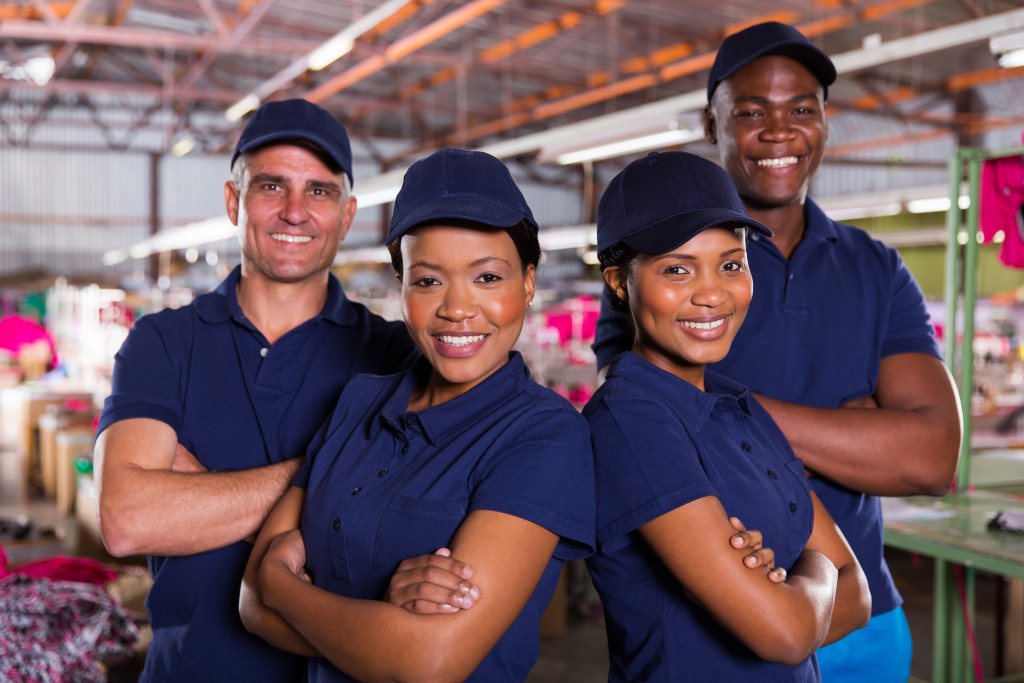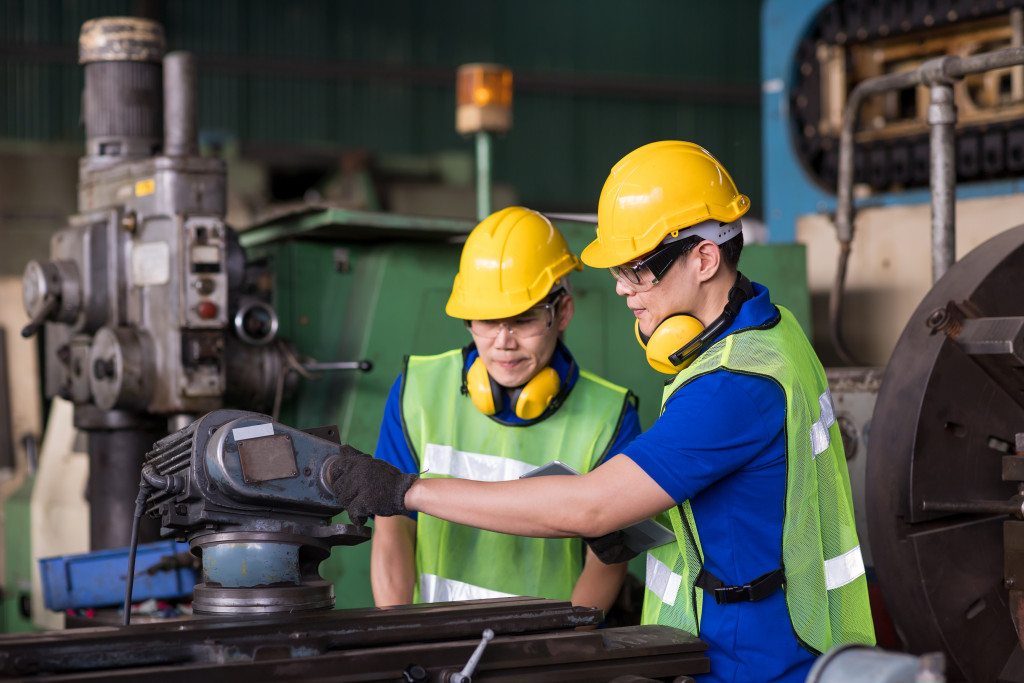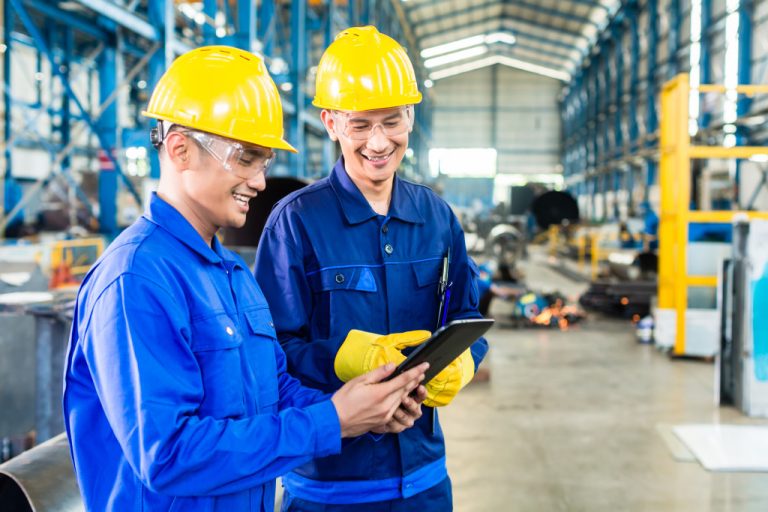-
- Clean machines regularly to prevent dust and debris from causing wear or damage.
- Cover machinery properly with shrink-wrap plastic, canvas covers, and heavy-duty tarps.
- Train workers on safety protocols for operating around sensitive machinery.
- Develop a detailed plan and obtain necessary permits before starting the renovation project.
- Update outdated infrastructure, such as wiring and plumbing fixtures.
If you’re renovating your factory, it’s essential to protect your machines from the dust, debris, and other hazards of a construction project. Not only will this help ensure the safety of your workers, but it will also keep your machines running smoothly and prevent costly repairs or replacements in the long run. Here’s a look at how you can best protect your factory machines during a renovation.
Clean Regularly
Keeping all of your machines clean during a renovation project is essential. This includes daily vacuuming or sweeping away dust and debris accumulating around your machinery. Doing so will help ensure that no small particles get lodged in moving parts and cause wear or damage over time.
It is also essential to periodically wipe down surfaces with an appropriate cleaning solution to remove any residue from paint, glue, etc., that may have been used during the renovation process. This can be done with soft cloths using distilled water or another mild cleaning solution recommended by the machine manufacturer.
Cover Your Machines Properly
To further protect your machinery from dust and debris, it is essential to cover them adequately before beginning any construction work. Depending on the project’s scope, you may need to invest in unique products that will provide ultimate protection, such as shrink-wrap plastic, canvas covers, and heavy-duty tarps.
For instance, if you are going to repaint the walls of your factory, it is essential to use paint overspray protection solutions such as paint shields to ensure that no paint gets on your machines. This will help keep color from clogging up sensitive parts and causing long-term damage.
Train Your Workers on Safety Protocols

Before starting construction in areas where machinery is present, ensure all workers are trained on proper safety protocols for operating around these sensitive pieces of equipment. They should know how to move around them safely and be aware of any necessary precautions to use specific machines, such as wearing protective clothing or maintaining a certain distance while working near them.
All workers should be briefed on these safety protocols before they begin working near any machinery to avoid any potential accidents or damages caused by negligence or lack of awareness.
Additional Tips!
Renovating a factory space can be tricky, but following these steps will help ensure your machinery remains safe and in working order throughout the process. Here are some additional tips to keep in mind:
Planning and Permits
Before you begin renovating your factory space, developing an organized and detailed plan is essential. This should include all aspects of the renovation, from budgeting and schedule to materials and design ideas. Additionally, ensure you have obtained all necessary permits from local authorities before work begins.
Safety Considerations
Safety should always be a top priority when renovating any industrial building. Ensure all employees working on the project are adequately trained in safety protocols and procedures, such as wearing appropriate personal protective equipment (PPE) at all times.
Additionally, consider having the building inspected for hazardous materials such as asbestos or lead paint before beginning demolition or construction work. Taking these steps will help keep everyone safe throughout the renovation process.
Updating Infrastructure
In addition to ensuring safety during your renovation project, updating any outdated infrastructure within the building is essential. This may include replacing old wiring or plumbing fixtures with new ones that meet current safety standards or upgrading HVAC systems for improved energy efficiency.
Regular Inspections

Regular inspections should also be conducted throughout the renovation to ensure all work is carried out properly and in line with safety regulations. Doing so will help ensure any defects or flaws are caught early and rectified, thus avoiding any major issues.
In addition, you may want to have the machinery inspected and serviced before the renovation process begins. This will help ensure all machines are running correctly prior to being covered up or moved around during construction.
The Bottom Line
Renovations can be exciting but come with their fair share of risks! However, by taking the steps outlined above, you can protect yourself and your factory machines from many potential hazards associated with renovations, like dust accumulation, corrosion due to condensation buildup, etc. With proper preparation and training for all involved parties, you can ensure a safe and successful renovation process for everyone!
